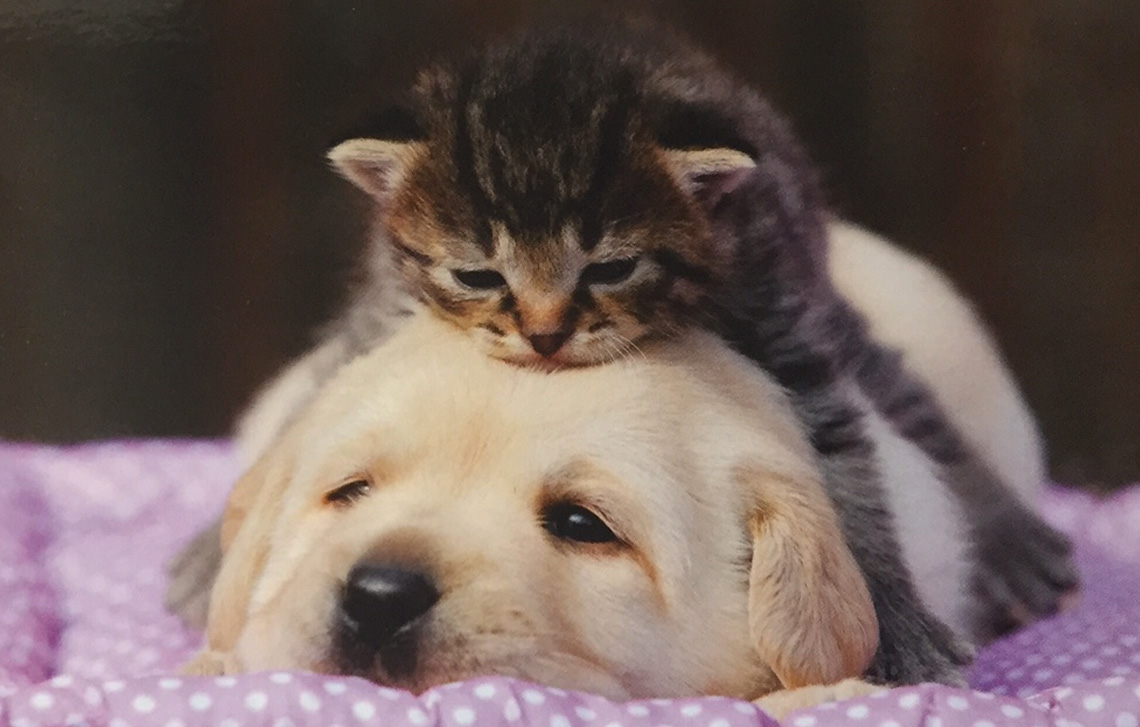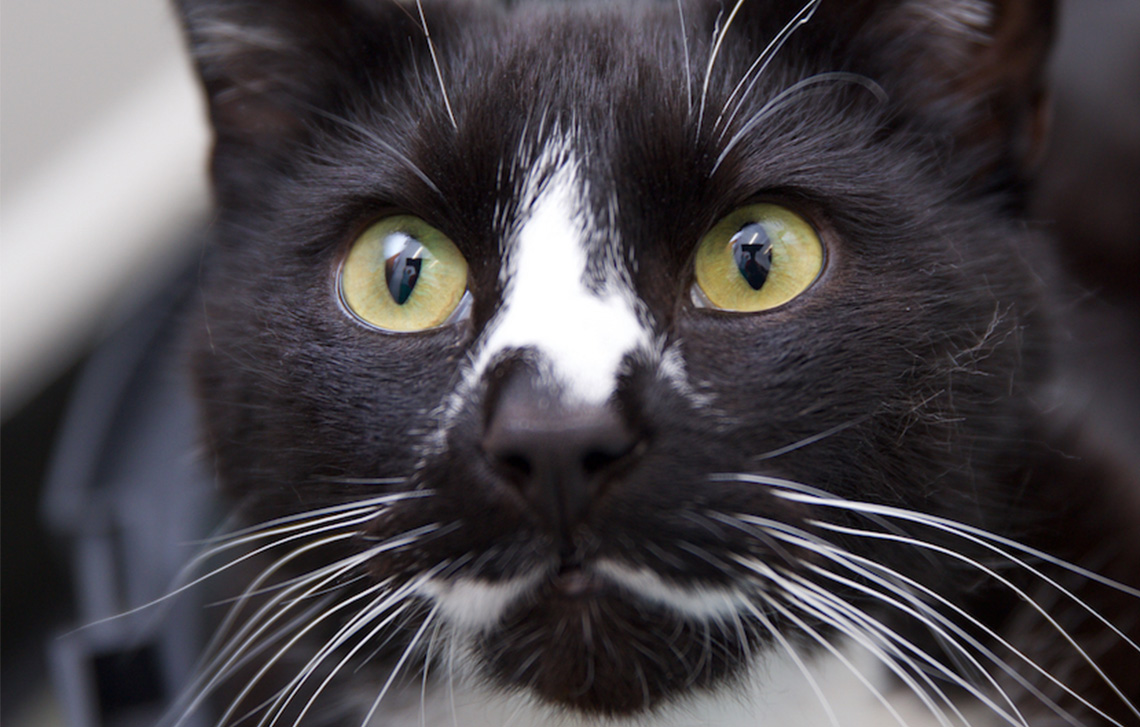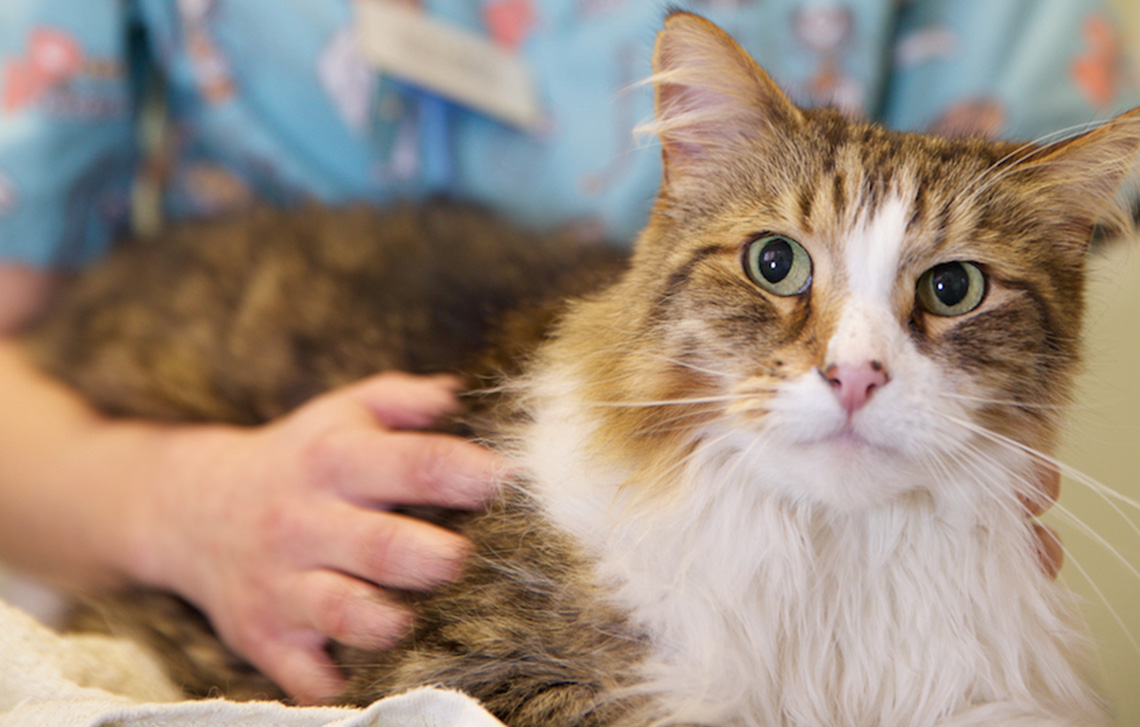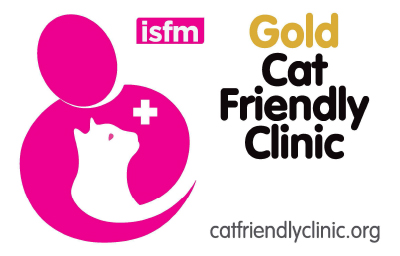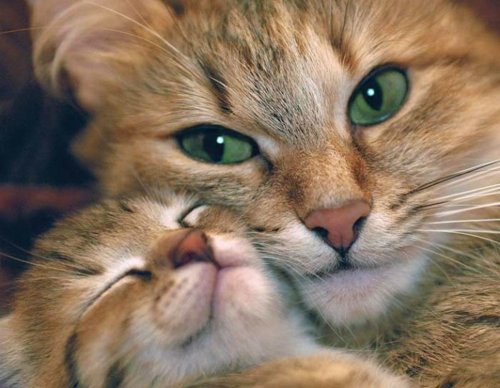
The experiences kittens have within their first two months of life are important in influencing their behaviour right into and through adulthood. During this early period (2-7weeks old), often known as the ‘socialisation period’, kittens learn what aspects of their environment are ‘normal’ and ‘safe’ so that everything that they come across during this period… Read more »
The experiences kittens have within their first two months of life are important in influencing their behaviour right into and through adulthood. During this early period (2-7weeks old), often known as the ‘socialisation period’, kittens learn what aspects of their environment are ‘normal’ and ‘safe’ so that everything that they come across during this period is likely to be accepted as something that is ‘okay’ later in life.

During this sensitive period at 2-7 weeks of age, it is important for the breeder to ensure the kittens will be ready for a normal home environment. This period may make a huge impact on the future life and happiness of an adult cat. Different types of handling is also important and time spent handling should gradually be increased after 2 weeks of age and should start off by gentle and minimal handling with other kittens in the litter and with their mother. Kittens should be handled between 30-60 minutes a day in total. Over- handling may have the opposite effect and may put the kittens off human handling. The kittens should always be handled in the presence of their mother as long as she is calm and relaxed at a young age. If she is not, then it may be more positive for the kittens to be handled away from her.
It is important for the kittens to spend a lot of time with their mother and not be separated as she will teach them the basics of toileting, play and hunting skills they will need. As cats do not have an inbuilt ‘need’ to be with people, tolerance of and desire to be around people is a learned behaviour.
Kittens who are not well socialised may be more nervous as adult cats. Having behavioural issues is the number one reason for cats being given up to shelters, with some cats even being put to sleep as a result. Stress is bad not, only for a cat’s mental health, but also for its physical health as stress reduces immune function and predisposes them to feline cat flu. Cats who fight are more likely to get injuries such as bite abscesses or catch diseases such as FIV (Feline immunodeficiency virus).

Here are some useful tips to help a kitten form into a happy, healthy and friendly adult cat!:
- It is worth trying to introduce the kittens to different types of litter and trays so that they aren’t fussy when they’re older. This needs to be done towards the end of the 2-7 week window, because initially kittens might eat the litter so can’t be exposed to clay types as may be dangerous for them.
- During weaning it is important to slowly introduce a variety of kitten food to expose them to different flavours and textures and help avoid fussy eating later in life, although we recommend a good quality diet from a young age to help with good growth and it is important to introduce foods slowly, and one change at a time so you can monitor the stools and health of the kitten and prevent any stomach upsets.
- In addition to holding the kittens, gently performing health checks such as examining sensitive areas like the ears, feet and tail will prove invaluable later in life when the cat attends the vet practice.
- Socialise the kittens well and expose them to everyday stimuli they will find in a normal home environment, these may include; hoovers, noisy appliances, household objects, cat carriers, carpets/ laminate flooring, music, collars, car journeys and more!
- It is also important that they get used to other pets (i.e. dogs, birds, rodents) and different people (men, women, children, toddlers).
